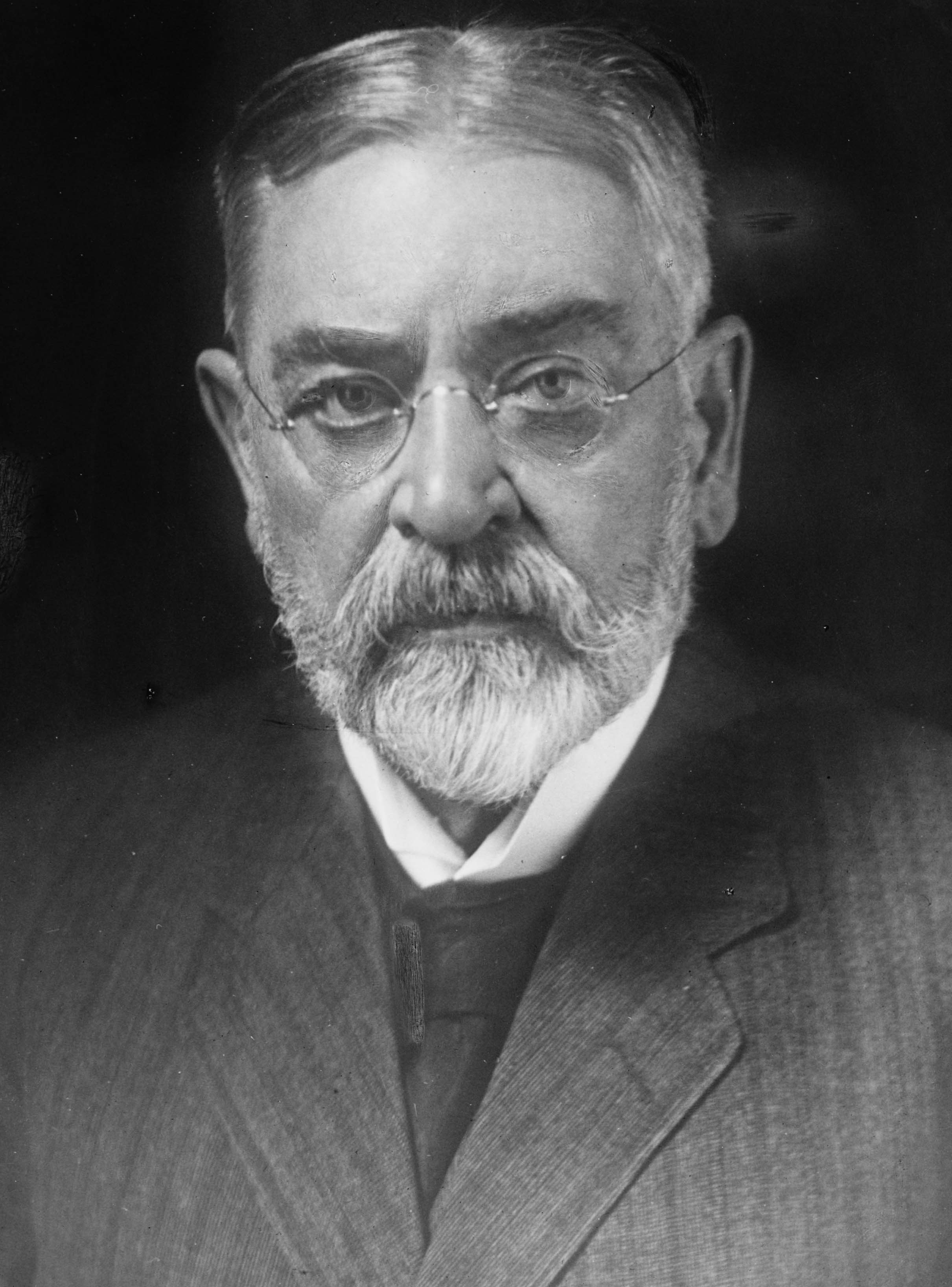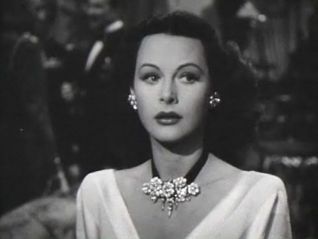
Robert Todd Lincoln:
"The incident occurred while a group of passengers were late at night purchasing their sleeping car places from the conductor who stood on the station platform at the entrance of the car. The platform was about the height of the car floor, and there was of course a narrow space between the platform and the car body. There was some crowding, and I happened to be pressed by it against the car body while waiting my turn. In this situation the train began to move, and by the motion I was twisted off my feet, and had dropped somewhat, with feet downward, into the open space, and was personally helpless, when my coat collar was vigorously seized and I was quickly pulled up and out to a secure footing on the platform. Upon turning to thank my rescuer I saw it was Edwin Booth, whose face was of course well known to me, and I expressed my gratitude to him, and in doing so, called him by name."
John S. Goff, "Robert Todd Lincoln: A Man In His Own Right"Edwin Booth:
He (Booth) had started for Philadelphia from New York, and while he was standing on the platform of a car, still in the Pennsylvania railroad station at Jersey City, and just as the train was above to move, a young lad, going from one car to another, stumbled, and would have fallen between them, had not Edwin caught him by the collar of the coat and landed him in safety by his side. The boy, whom Edwin had never seen before, evidently recognized him, and holdibng out his hand said to him, "That was a narrow escape, Mr. Booth," and thanked him warmly. Two weeks later Edwin received a letter from General Adam Badeau in which the latter mentioned that Robert Lincoln had told him that it was his life that had thus been saved.William Bispham "Memories and Letters of Edwin Booth"That's right. John Wilkes Booth's brother, Edwin, saved Abraham Lincoln's son, Robert, about a year before the assassination. It is also striking to note that Robert is the only son of Lincoln who survived to adulthood. Had this encounter not happened, there may have been no direct descendants of Lincoln.




